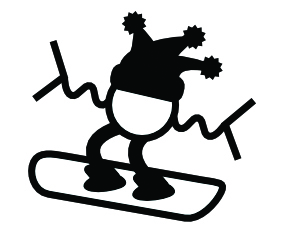Speaker
Ms
Danika MacDonell
(University of British Columbia)
Description
Observational evidence indicates that $\sim$85% of all mass in the universe takes the form of non-baryonic dark matter.
The Super Cryogenic Dark Matter Search (SuperCDMS) is a direct-detection dark matter experiment that searches primarily for a plausible dark matter candidate known as the weakly-interacting massive particle (WIMP). The experiment looks for an excess of nuclear recoil events in cryogenic solid-state detectors that could be attributed to WIMP-nucleon collisions. The most recent SuperCDMS run at the Soudan underground laboratory set a world-leading limit on the spin-independent WIMP-nucleon cross section for a WIMP mass as low as $\sim$2 GeV/c$^2$, and the next installation of the experiment at SNOLAB aims to be sensitive to WIMP masses below 1 GeV/c$^2$. To better understand the response of solid-state Ge detectors to low-mass WIMPs, "photo-neutron" calibration data was taken at the Soudan laboratory by passing quasi-monoenergetic neutrons through SuperCDMS detectors. The observed nuclear recoil spectra will be compared with Geant4-simulated spectra to calibrate the nuclear recoil energy scale of the detectors. We expect to produce two or more calibration points in the approximate nuclear recoil energy range of 1 keV to 8 keV. Ionization yield results for Ge are to be extracted at the calibration points and compared with predictions from the Lindhard ionization yield model. The ongoing analysis of this energy scale calibration data will be presented.
*Danika MacDonell, representing the SuperCDMS Collaboration
Primary author
Ms
Danika MacDonell
(University of British Columbia)

